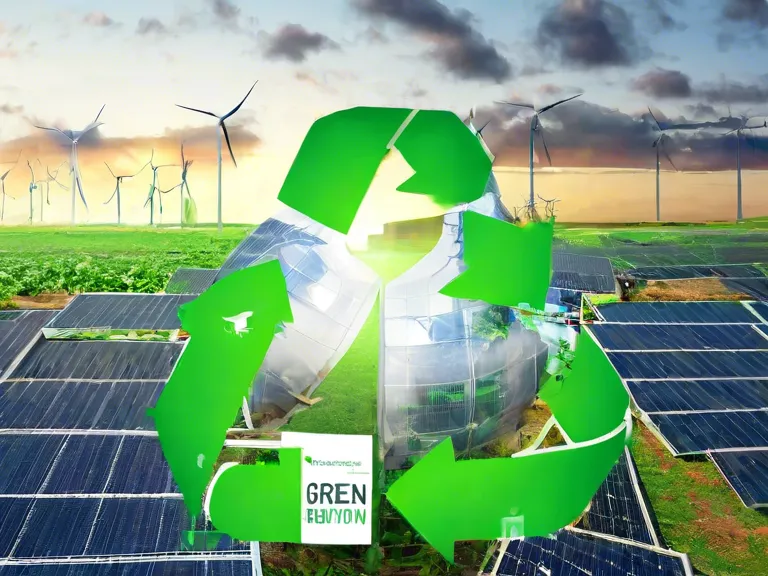
In recent years, the rapid development of artificial intelligence (AI) has led to a growing intersection with ethical considerations in future policy making. As AI systems become more advanced and integrated into various aspects of society, policymakers are faced with the challenge of balancing the potential benefits of AI with the ethical implications that come with its deployment.
One of the key ethical considerations in AI policy making is the issue of bias. AI systems can inadvertently perpetuate and amplify existing societal biases if not properly designed and implemented. For example, facial recognition technology has been shown to have higher error rates when identifying individuals with darker skin tones, leading to concerns about racial bias in law enforcement applications. Policymakers must therefore consider how to mitigate biases in AI systems to ensure fair and equitable outcomes for all individuals.
Another ethical consideration is the impact of AI on jobs and the economy. While AI has the potential to increase productivity and efficiency in various industries, it also has the potential to automate jobs and displace workers. Policymakers must grapple with how to support workers who may be negatively affected by AI-driven automation, such as through retraining programs or income support.
Furthermore, there are ethical implications surrounding the use of AI in decision-making processes, particularly in sensitive areas such as healthcare and criminal justice. AI systems are increasingly being used to assist in medical diagnosis, sentencing decisions, and risk assessment, raising questions about accountability and transparency. Policymakers must ensure that AI algorithms are explainable and accountable to prevent potentially harmful outcomes.
In order to address these ethical challenges, policymakers must engage with experts in AI ethics and involve stakeholders in the decision-making process. By incorporating ethical considerations into AI policy making, policymakers can ensure that the benefits of AI are maximized while minimizing potential harms to society.



